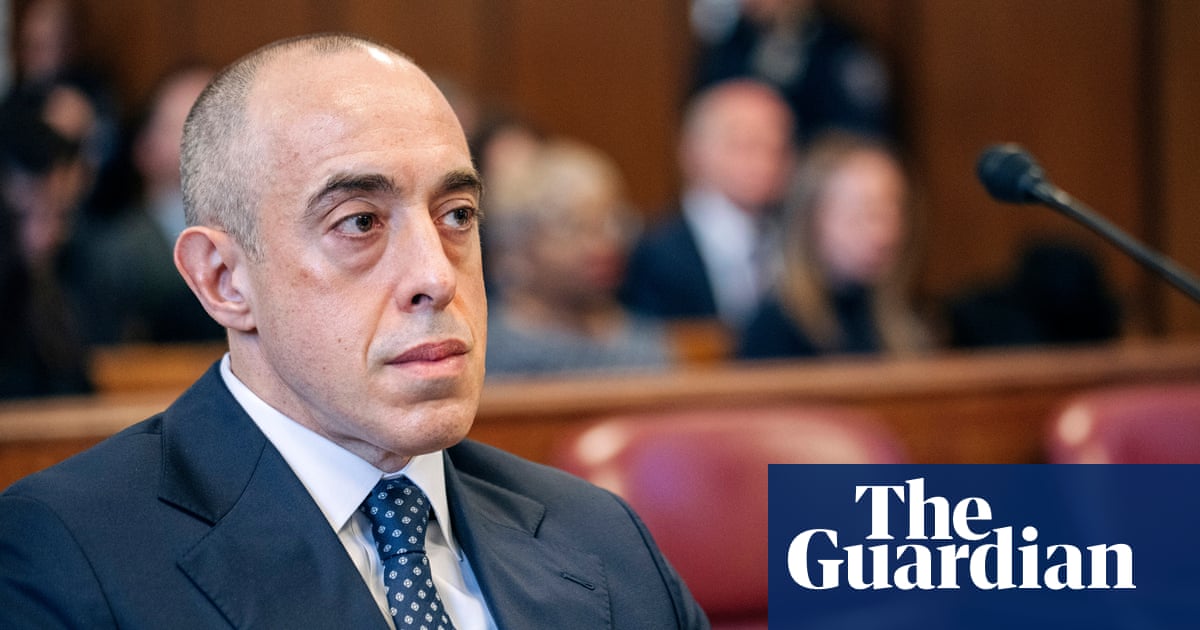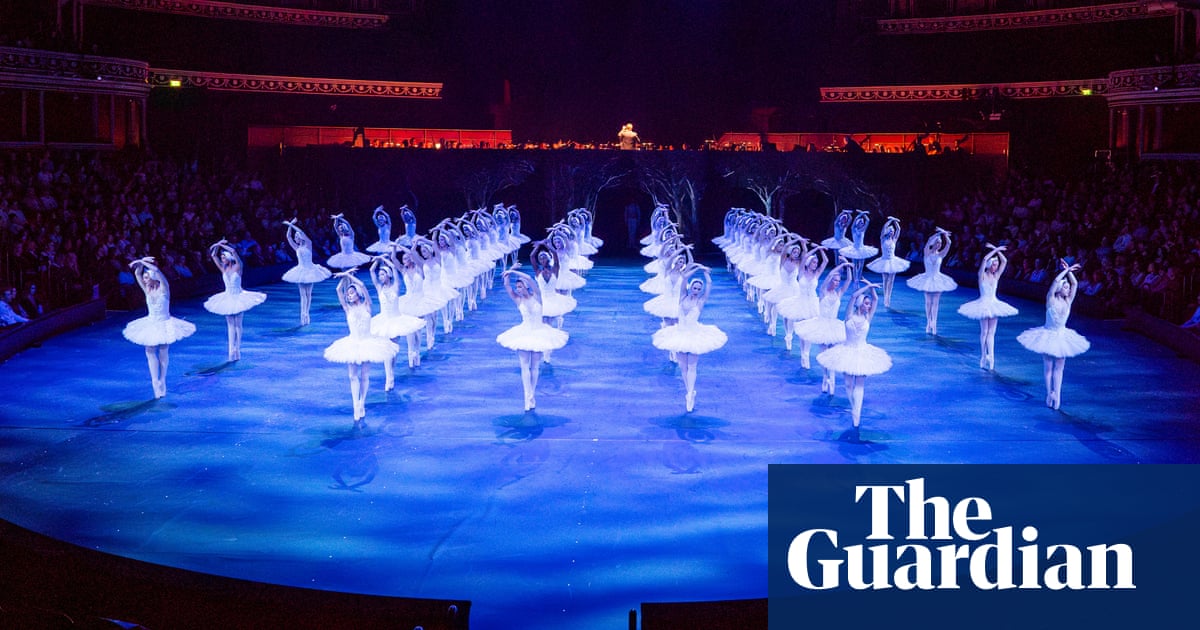Why exactly is Donald Trump’s new presidency so disorienting? So far, explanations have tended to focus on its manic pace, contempt for political conventions and blatant subversion of supposedly one of the world’s most robust democracies.
But all these elements were also present in his first presidency. Meanwhile, other features of both his terms, such as his cult of personality, scapegoating of immigrants and accusation that liberal elites have caused national decline, are standard practice for hard-right strongmen, and have been for at least a century.
Yet still he baffles and wrongfoots people, both opponents and more neutral observers, political professionals and voters, Americans and foreigners. There is an underexplored reason for this. Trump’s presidency, and particularly his second term, is a deeply paradoxical project. In some ways, it’s an epic political fantasy, a promise that every dream of US reactionaries and nationalists can be rapidly fulfilled. But in other ways, it’s a frightening intrusion of reality – into the rose-tinted picture many liberals still have of how America works and how America relates to the rest of the world.
The central assumption of the Trump fantasy is that in his remaining four-year term, during which he will enter his 80s, despite the US’s sharp social divides and inevitable buffeting by global crises, he can accomplish almost anything. “I stand before you now,” he said at his inauguration, “as proof that you should never believe that something is impossible … We stand on the verge of the four greatest years in American history.”
Other elements of the Trump fantasy include the belief that the US can essentially ignore the climate crisis; that it can impose big tariffs on imports without causing increases in their prices; that Trump’s personal interventions can swiftly and permanently end longstanding conflicts such as Gaza; and that his constant lies, exaggerations and inventions can create new realities, both reshaping the present and permanently rewriting history. In short, the Trump fantasy promises that in an anti-political age his brand of politics can nevertheless solve everything.
Yet at the same time, the opening days of his second term have revealed truths about the US that were previously half hidden. Its alliance with western Europe is not permanent. It is still an imperial power in the traditional sense, with territorial ambitions. And much of corporate America is happy to have an authoritarian government, as long as it is good for profits. “History’s greatest civilization,” as Trump described his country at the inauguration, is really a brutally competitive, aggressively nationalistic place – at least for large stretches – rather than the essentially benign society and superpower believed in for so long by so many liberals. It’s taken Trump’s unfiltered presidency to finally make that obvious.
More bewildering still for those who don’t back him, sometimes the fantastical and reality-based strands of Trumpism are closely entangled. His strong support from men and halting of pro-diversity policies, for instance, are partly the products of a fantasy – that under him straight male dominance as it existed decades ago can be restored – and yet they are also a reminder that in the US, as in other democracies, socially conservative men remain a powerful electoral force.
Similarly, Trump’s climate policies – however delusional they seem with growing swathes of his country on fire because of extreme weather – are also a recognition that any serious US response to the crisis would require his richer voters and donors to make drastic lifestyle changes. If the planet and the patriarchy are in trouble, as many Trump supporters probably accept, deep down, like everyone else, then there is an argument, albeit a selfish one, for enjoying all the carbon-intensive privileges of traditional American masculinity while you still can. With his love of burgers and gold surfaces, his water-hungry golf courses and multiple homes, Trump’s own life constantly showcases this kind of resource-heavy, escapist consumption. In a world increasingly haunted by scarcity, with supply chains weakened by wars, disruptive weather and the pandemic, his excess is a crude but potent statement.
Faced again by this combination of reality-denial and self-interest, how might those who oppose Trump at home and abroad, or who run governments that are going have to coexist with his, regain their political composure? One way may simply be to wait for his frenzy of executive orders to lose its political effectiveness, a process that may have already begun with an order freezing federal grants chaotically reversed this week. Even some Trump voters will realise sooner or later that issuing decrees from Washington and ending “America’s decline”, as he promises, are not the same thing.
Another useful approach may be to understand the attractiveness for many voters of Trump’s fantasies, but also their impracticality. Despite the claims from Trump and a credulous media that he is a unique American leader, the country has a recent tradition of Republican presidents making unattainable promises. In the 1980s, Ronald Reagan said he would make America safe again, with an unprecedented “Star Wars” anti-missile system, and in the 2000s George W Bush pledged to do the same by invading Iraq. Both projects were disasters. The Iraq war also damaged US allies, especially Britain, partly because Tony Blair’s government saw Bush’s Iraq fixation as too powerful to question. Ominously, Keir Starmer and Trump are already telling us how well they get on.
Any other non-Republicans tempted to just accept that this is the age of Trump might usefully look to the numbers behind his support. Last year, unlike in 2016, he did win the popular vote, but by only 1.5 percentage points. Yet both pro- and anti-Trump forces act as if he has a mandate so overwhelming that resistance is futile. His party’s majorities in the Senate and the House are also tiny. If he disappoints only a small fraction of his supporters, neither majority may survive the 2026 midterm elections.
Trump may seem dizzyingly strong now. Yet soon he will be just another incumbent, in an anti-incumbent world. The problem then, for those who don’t support him, won’t be his dominance of the discourse, which may be slipping, but how much of the American state he controls.
-
Andy Beckett is a Guardian columnist

.png) 3 hours ago
1
3 hours ago
1













































